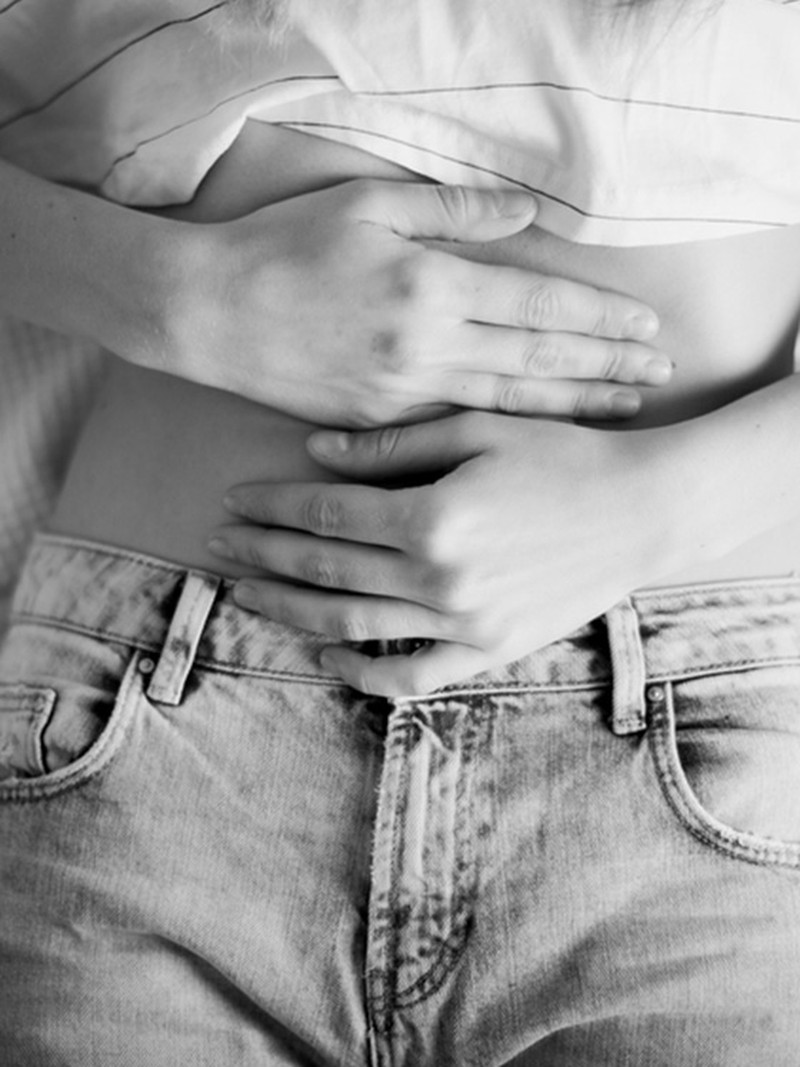How To Reduce Period Pain Naturally
Know What’s Normal
“Period pain can be grouped into two categories: primary and secondary dysmenorrhea. Primary dysmenorrhea is the most common, and it’s caused by excessive uterine contractions resulting from high levels of prostaglandins, hormone-like compounds associated with inflammation. These prostaglandins cause the uterus to contract to shed its lining – which is what causes your period. If you’re experiencing primary dysmenorrhea, the most likely causes are nutrient deficiencies, stress and other lifestyle factors which can increase inflammation, triggering the production of more prostaglandins. Secondary dysmenorrhea is less common, and refers to pain experienced during your period that’s caused by another condition, such as endometriosis, adenomyosis or fibroids. This type of pain can interfere with daily life and should always be investigated further by your GP.” – Laura Larman, naturopath, herbalist & nutritionist
Support Ovulation
“Having an anovulatory cycle – where an egg is not released mid-cycle – can mean the body isn’t making enough progesterone and therefore has more oestrogen in relation to progesterone. This is normal during early puberty and the final phase of perimenopause, explaining why women’s periods can change and be more turbulent during this time. This hormonal imbalance can lead to more pain as well as heavier and more clotted periods. It’s important to ovulate every cycle to support optimal hormonal balance. If you suspect you aren’t ovulating regularly, prioritise stress management and ensure your meals are nutrient dense and well balanced with adequate protein, healthy fats and carbs at every meal. Supplementing with vitex agnus castus, vitamin B6 and zinc can also encourage ovulation.” – Laura
Try An Anti-Inflammatory Diet
“There is a genetic link to period pain but the environment you create for your body via diet and lifestyle will have an impact. When it comes to improving period pain, the aim of the game is to inhibit prostaglandin production, which can be done via an anti-inflammatory diet. Minimise vegetable oils, ultra-processed and fried foods, additives and sugar (glucose spikes drive inflammation in the body). Instead, maximise oily fish, nuts and seeds, wholefoods, colourful fruit and vegetables, turmeric and garlic – and style your starches alongside protein and fat. For breakfast, try overnight oats with chia, cinnamon, walnuts, fresh berries, almond milk and a turmeric latte; for lunch, try a ginger and lentil stew or grilled sardines and salad; and for supper, grilled wild salmon with lots of roasted cauliflower, butternut squash and garlic, and wilted green veg with extra virgin olive oil.” – Hannah Alderson, nutritionist
Get More Sleep
“If you do anything, make sleep your number one priority. It’s one of the most important things you can do for your hormones, particularly if you are busy and active. Aim for seven to nine hours every night. Getting on top of your sleep will do more for your period health than any supplement on the market. Sleep plays a significant role in almost every aspect of our health, but we also know that consistently poor sleep is associated with inflammation and higher blood pressure, both of which can influence menstrual pain.” – Holly Dunn, clinical nutritionist & hormone specialist
Stress Less
“Lowering stress can have a huge impact on period health, with several studies indicating higher levels of stress are associated with worse menstrual pain. The best strategy is one that works for you – whether it’s meditation, enjoying a good book or bath, or spending time in nature, we are all wired differently. Exercise can also help as a form of stress relief. Gentle-to-moderate exercise may help alleviate menstrual-related pain through a variety of mechanisms, including regulating blood flow and promoting the release of natural analgesic (pain-relieving) substances like endorphins. There is very little evidence supporting a ‘best’ type of exercise. As with stress, the best choice is the one that feels good to you.” – Holly
Eat More Oily Fish
“Oily fish is a brilliant source of omega-3 fatty acids, the anti-inflammatory fats that can help reduce period pain. Try adding in oily fish three times a week. The acronym SMASHHT can help: sardines, mackerel, anchovies, salmon, herring, haddock and trout. For vegetarians and vegans, algae is a better source of omega-3 than flaxseed as it converts more easily from alpha-linolenic acid (ALA) to omega-3 fatty acid.” – Le’Nise Brothers, nutritionist & women's health expert
Avoid Dairy
“If you are struggling with painful periods, try cutting out dairy for a couple of months and see how you feel. Dairy – particularly A1 cow’s dairy – can be inflammatory in the body and aggravate a histamine intolerance, worsening period pain.” – Laura
Increase Zinc & Magnesium
“A diet rich in minerals like zinc and magnesium is a good long-term management and prevention strategy for period pain. Magnesium may help relax uterine muscles and reduce prostaglandins, while zinc has been shown to reduce inflammation and prostaglandin production. Foods rich in both minerals include dark leafy greens, legumes, cocoa powder, dark chocolate, pumpkin seeds, cashew nuts, seafood and zinc.” – Holly
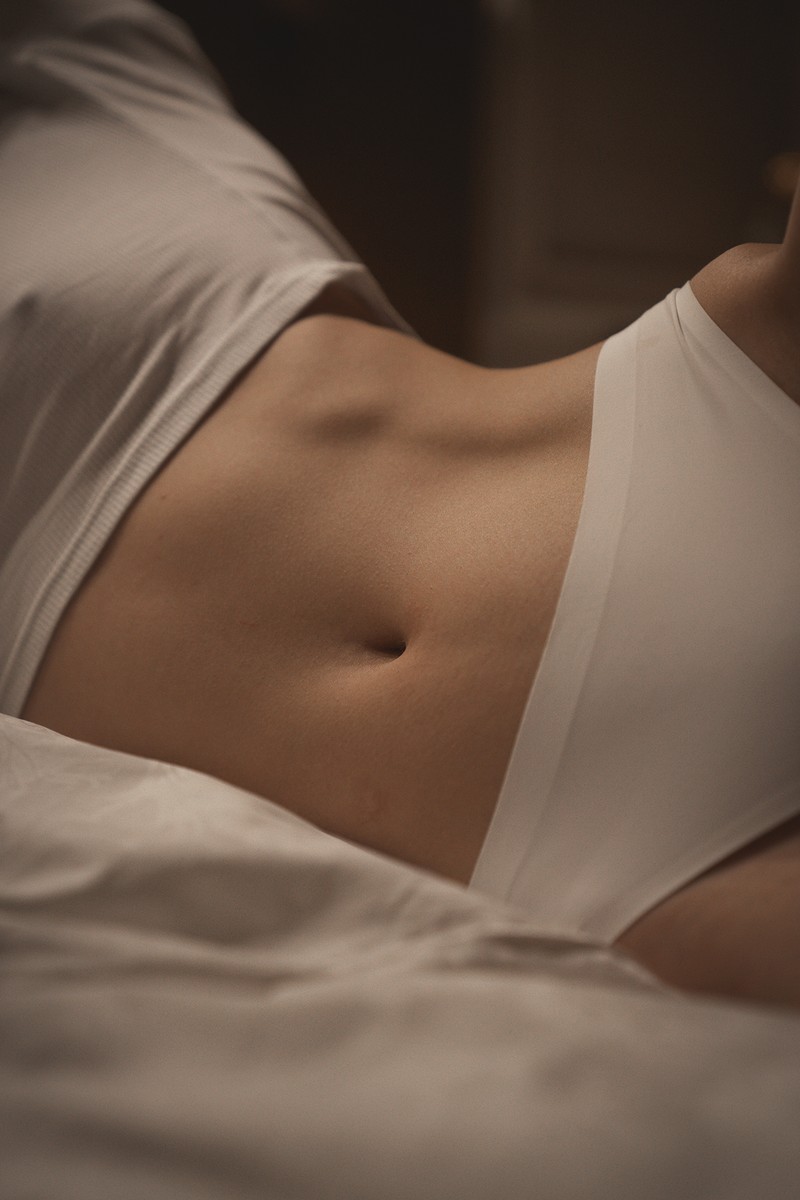
Eat Cruciferous Vegetables
“Cruciferous vegetables such as broccoli, cauliflower, asparagus and Brussels sprouts contain nutrients that help balance oestrogen levels, which when too high can increase the inflammation that drives period pain. These vegetables are also a great source of fibre, which helps keep us regular. Constipation, which is not having a bowel movement at least once a day, can exacerbate painful periods.” – Le’Nise
Drink Mindfully
“Alcohol has a hugely negative impact on our menstrual and hormone health due to its effect on our liver, which has to turn it to acetaldehyde, a toxic substance, in order for it to be cleared from the body. This means the liver wants to get rid of it as soon as possible, so it prioritises this over its other functions, including breaking down the hormones our body has used. I’ve seen time and again the positive effects reducing alcohol can have on hormone health, including reducing painful periods.” – Le’Nise
Check Vitamin D Levels
“Low vitamin D levels have been linked with painful periods and can exacerbate chronic inflammation because of vitamin D’s powerful role in suppressing the prostaglandins that cause inflammation and period pain. Vitamin D is a Goldilocks vitamin – you don’t want too much but not enough can also be problematic. Ask your GP for a vitamin D test. If your levels are well below 75 nmol/l, work with a practitioner to find the right supplement level for you.” – Le’Nise
Go Holistic
“Acupuncture stimulates blood flow to the uterus and works to reduce pain, and studies show reflexology works in a similar way. A gentle yoga class can also work wonders – it’ll calm the nervous system, which we know is directly connected to period pain. If we are stressed, we tend to tense up more, exacerbating pain. At the same time, consider exploring womb massage with a therapist – this can help break down scar tissue, if there is any, deliver nutrients to the womb area, remove toxins, and help release emotional aspects related to pain.” – Richa Puri, specialist fertility nutritional therapist
Give Your Body A Helping Hand With These Expert-Approved Supplements…
Magnesium: “Magnesium reduces prostaglandins and relaxes muscles such as the uterus and lower back. Many women are deficient from low intake in the diet and when under stress, which directly uses up the body’s magnesium stores. Start at 300mg of magnesium bisglycinate daily and level up as needed.” – Laura
Turmeric: “Turmeric – or more specifically curcumin, the active ingredient in turmeric – is highly anti-inflammatory and a potent antioxidant. Just be sure to have turmeric with a source of fat and black pepper to aid absorption.” – Richa
Zinc: “With antioxidant and anti-inflammatory powers, zinc can also regulate hormones to ensure regular ovulation. Aim for 15-30mg of zinc citrate or picolinate with dinner.” – Laura
Omega-3: “One research study conducted with a small group of young women found that the intensity of their period pain was reduced after taking omega-3 capsules daily for three months, while another study that compared usage of fish oil with ibuprofen for period pain found those taking omega-3 capsules experienced a greater reduction in their pain levels.” – Le’Nise
Ginger: “As well as taking ginger as a standalone supplement, get into the habit of drinking ginger tea, which has been shown to be as effective as ibuprofen for period pain. Slice fresh ginger and simmer the root for five to ten minutes.” – Laura
Evening Primrose Oil: “This contains GLA, an omega-6 fatty acid that has anti-inflammatory effects in the body. In the long term, evening primrose oil can inhibit the production of inflammatory prostaglandins.” – Hannah
HRT: “If you are going through perimenopause, you may want to consider taking body identical progesterone (commonly known as utrogestan) to help relieve pain, especially if your periods are very heavy and clotted. At this stage in life, the body is naturally making less and less progesterone each month, which can lead to more pain.” – Laura
For more information visit TheFertilityPharmacist.co.uk, HannahAlderson.com, EatLoveMove.com, LauraLarman.com & HollyDunn.co.uk.
SHOP THE RECOMMENDED PRODUCTS
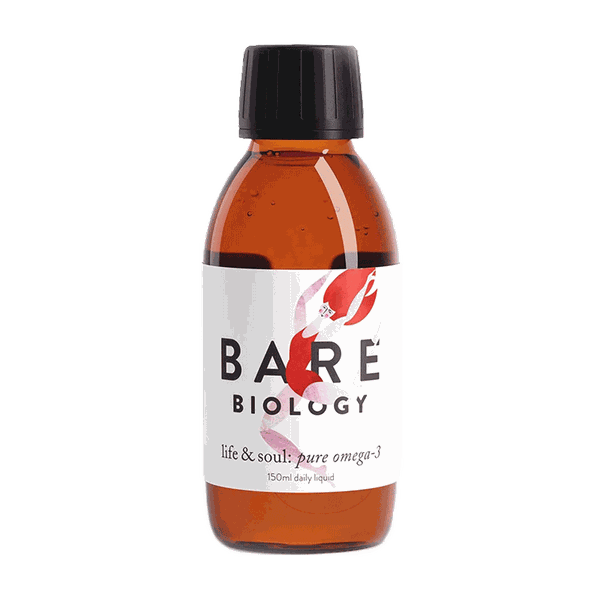
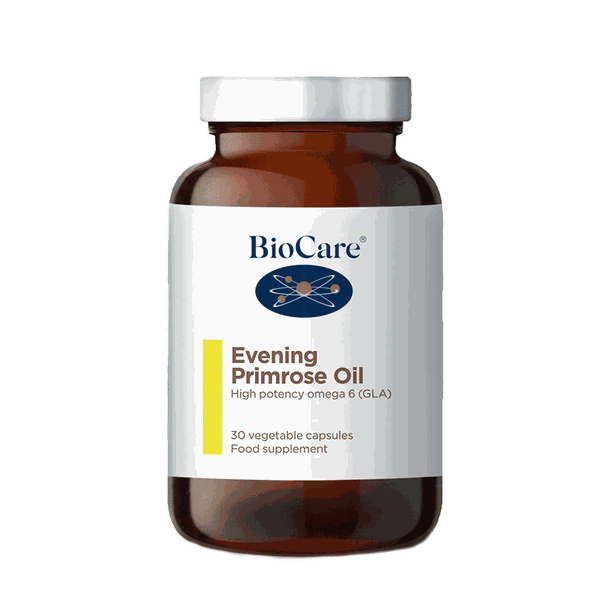
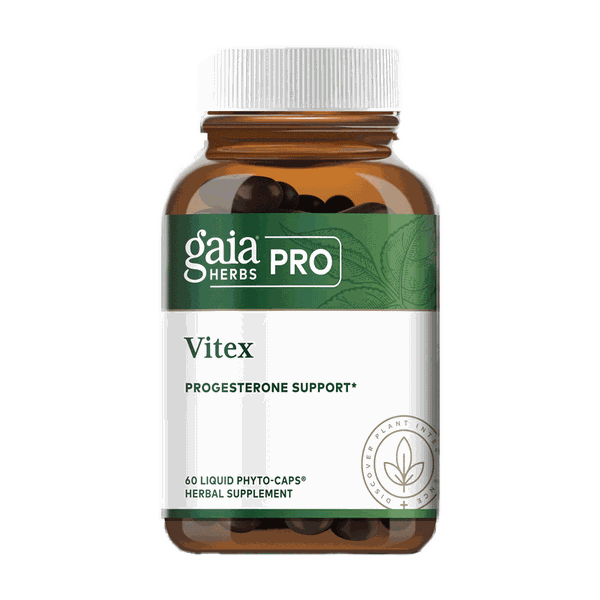
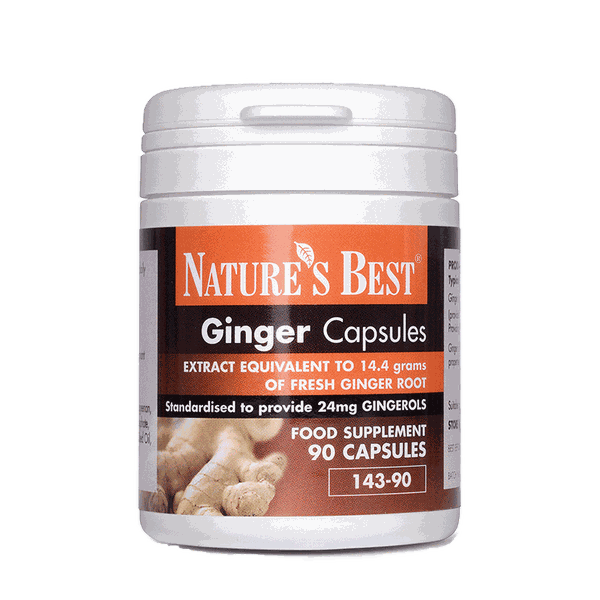
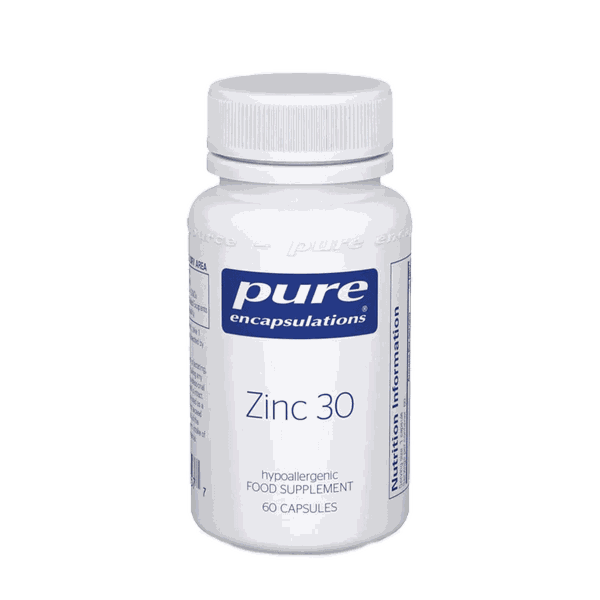
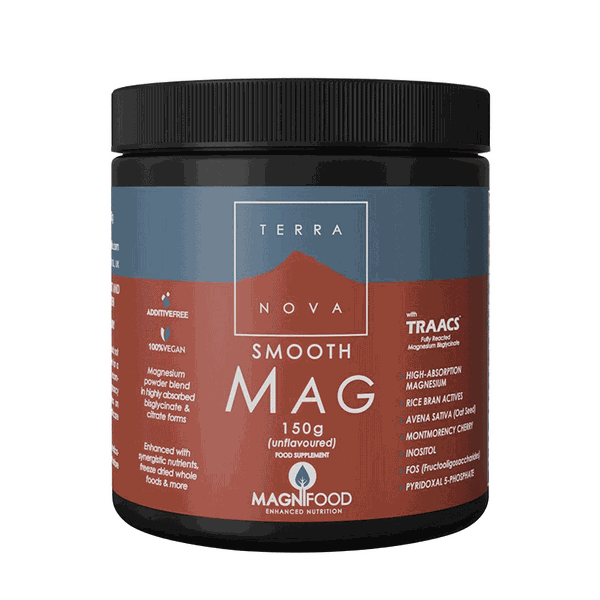
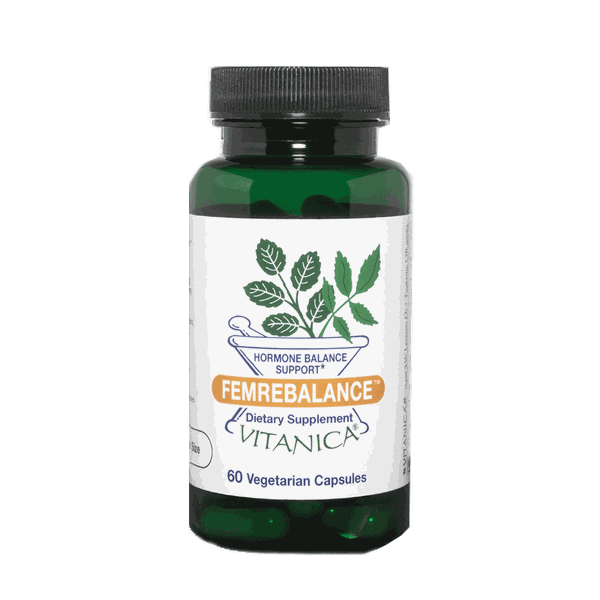
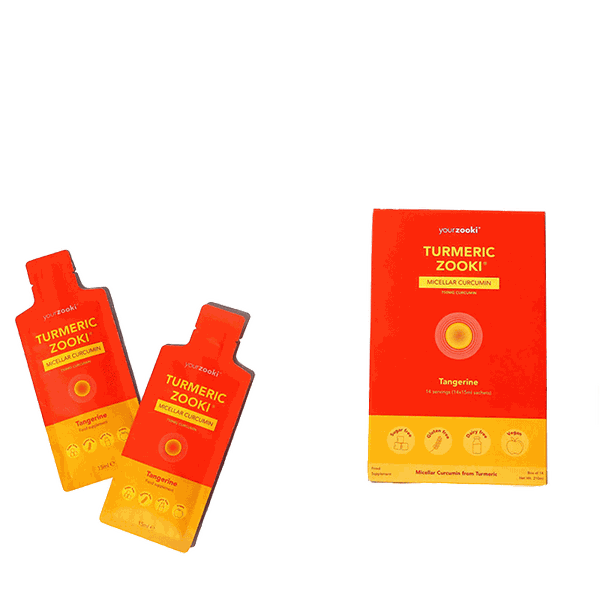
DISCLAIMER: Features published by SheerLuxe are not intended to treat, diagnose, cure or prevent any disease. Always seek the advice of your GP or another qualified healthcare provider for any questions you have regarding a medical condition, and before undertaking any diet, exercise or other health-related programme.
DISCLAIMER: We endeavour to always credit the correct original source of every image we use. If you think a credit may be incorrect, please contact us at info@sheerluxe.com.
